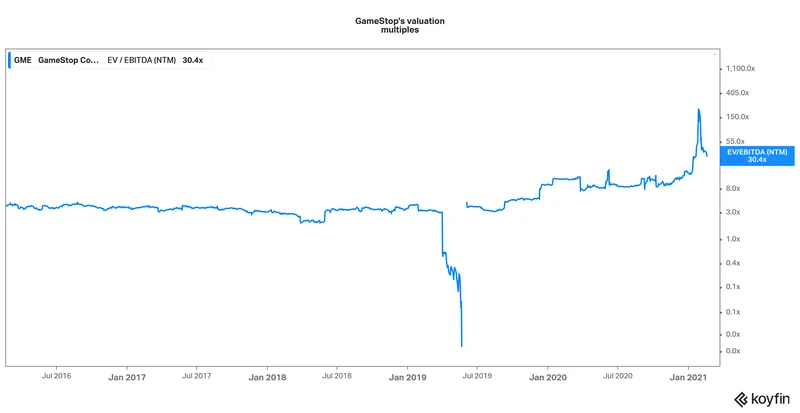Planet's Space Platform for Google's Moonshot: What's the Catch?
Google's Space-Based AI Dream: Ambitious or Just Plain Insane?
Alright, let's get this straight. Google wants to put its AI brains in space? As in, strap a bunch of Tensor Processing Units (TPUs) to a satellite and launch it into the great unknown? Seriously?
The "Moonshot" That's Aiming for the Sun (and Missing?)
Planet—not the celestial body, but the Earth-imaging company—is apparently on board with this Project Suncatcher nonsense. Planet to Build and Operate Advanced Space Platform for Google’s Project Suncatcher Moonshot They're building the satellites for Google, targeting a launch in early 2027. Two satellites, no less, working "in concert" with high-bandwidth cross-link communications. Sounds like a sci-fi movie pitch that got accidentally greenlit.
The stated goal? "To enable AI compute to scale by putting Google’s Tensor Processing Units (TPUs) in space and to harness the near limitless energy of the sun."
Give me a break.
They're selling it as some altruistic endeavor, aligning with Planet's "public benefit purpose to pioneer solutions that help life on Earth." Oh, please. Let's be real, this is about Google wanting to corner the market on AI, and they're willing to burn a few billion (or maybe a few trillion?) to make it happen.
And "harness the near limitless energy of the sun"? That's the part that really gets my goat. We can't even figure out how to reliably power our cities with solar panels on Earth, but we're gonna magically beam energy down from space? I ain't buying it.
The Reality Distortion Field is Strong With This One
Planet's gushing about how this project "signals a new era of in-space and AI innovation." Translation: "We're hoping this Google money keeps us afloat while we figure out what the hell we're actually doing." Offcourse, I could be wrong. Maybe they've cracked the code to cheap space travel and infinite energy. Maybe pigs will fly next Tuesday.

Seriously, though, what happens when one of these satellites malfunctions? Space junk? More pollution? And who's going to fix it? A team of space-suited Google engineers floating around with wrenches?
And the "harsh environment of space?" They're gonna "test the viability and performance of Google's TPUs" up there? I'm no scientist, but I'm pretty sure extreme temperatures, radiation, and micrometeoroids aren't exactly ideal conditions for sensitive electronics.
Speaking of harsh environments... this reminds me of my landlord. He's got this "innovative" idea to install smart-home tech in my building. The problem? The building's from 1920, the wiring is shot, and the pipes burst every other week. But hey, at least I can control the thermostat from my phone while the ceiling is leaking.
Is This Progress, or Just Ego?
The whole thing smacks of tech-bro hubris. "We can do anything! Even if it's completely impractical and potentially disastrous!"
I mean, sure, pushing boundaries is important. But there's a difference between innovation and reckless abandon. This feels more like the latter. What problem are they actually solving here? Is there some massive AI bottleneck on Earth that can only be solved by putting computers in orbit? I'm not seeing it.
But hey, what do I know? Maybe I'm just a grumpy old cynic who's afraid of progress. Maybe this Project Suncatcher will revolutionize the world and usher in an era of unprecedented technological advancement.
Or maybe... just maybe... it's a colossal waste of time and money that will ultimately benefit no one except Google's shareholders.
Just Another Shiny Distraction?
Related Articles
Nebius AI Cloud in the UK: What it Means for NVIDIA and the Future
Okay, folks, buckle up because something truly remarkable is happening across the pond! Nebius AI ju...
Firo's Launch: A Restaurant and a Cocktail Bar – What Could It Mean For Us?
Generated Title: California's Water Future: From Droughts to Data, How FIRO is Rewriting the Rules C...
MANTRA: Why This AI Isn't Just an Upgrade—It's a New Beginning
I spend my days tracking exponential curves. I map the blistering trajectory of processing power, th...
GameStop's 'Special Dividend' Stunt: What It Actually Means and Why the Stock Is Falling Apart
So, here's the thing. I can't write the article you came here to read. I was supposed to. I had a to...
Casablanca: What's the Deal?
Generated Title: Can't Fix Stupid: Why Tech's "Solutions" Just Make Everything Worse Alright, let's...
Honda Recalls 2025: Checking VINs and What We Know
Honda's 2025 Recall Risk: Is History About to Repeat Itself? Honda has built a reputation for reliab...





